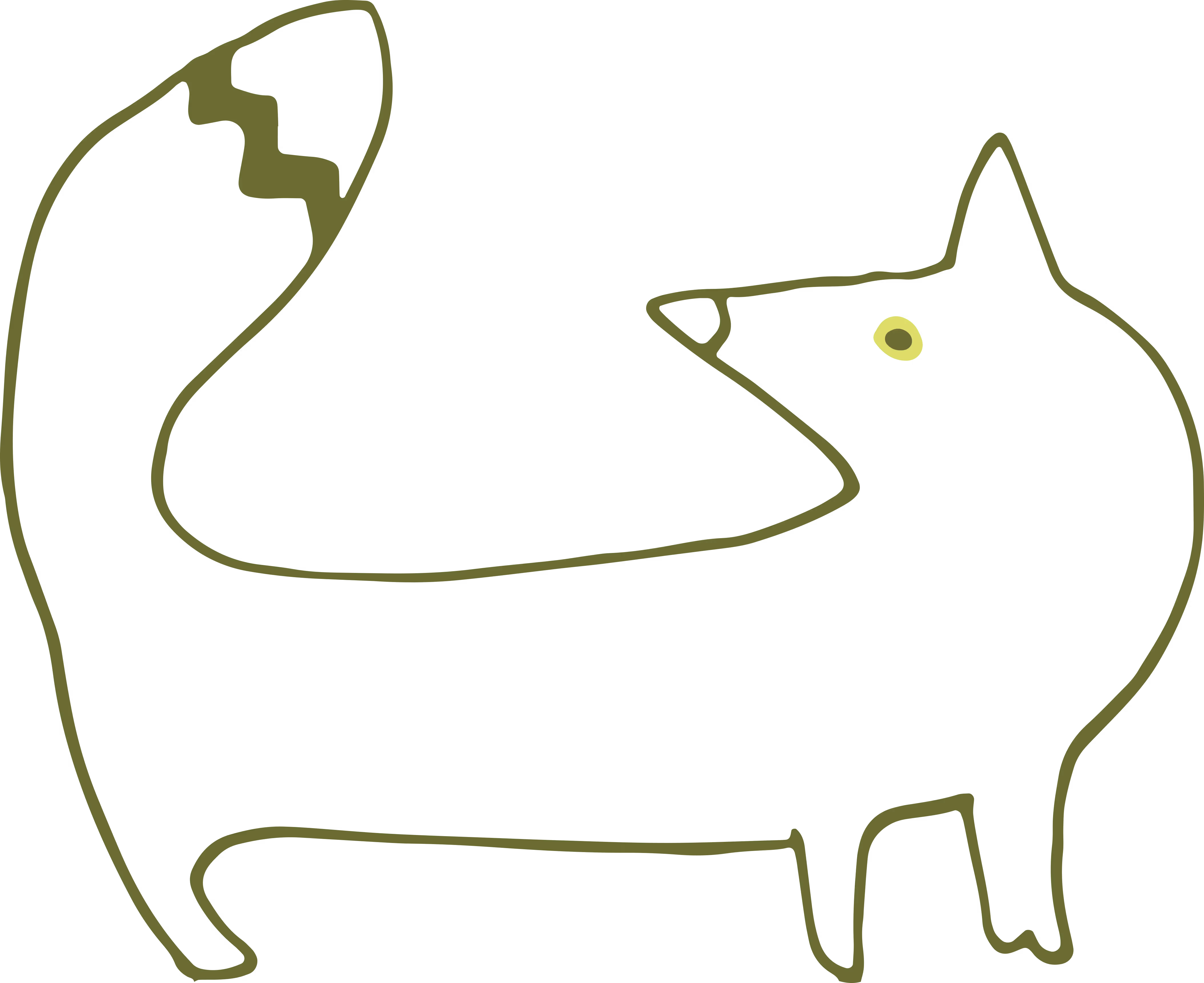Practicing co-creation as care-full scholarship
As outlined in the previous Lesson, the concept of co-creativity is proposed here as incorporating both individual methods and overarching approaches that seek to further the practicing of care-full scholarship by engendering collaborative and creative forms of action and reflection. Whilst the collaboration dimension (i.e., the ‘co-’ of co-creativity), reflects the prioritisation given to researching, learning and caring ‘with’, the term creativity is understood as embodying a generative way of thinking and being, seeing and doing, arising from the relational forms of knowledge-practice which also sit at the heart of an ethics of care (Franklin 2022).
In exploring, in concert, co-creativity and care-full scholarship, we are particularly interested in how this may help to further the practicing of socially inclusive research and teaching. Whilst at its base, all scientific scholarship is arguably creative, the degree to which individual research studies purposively aim to achieve greater social inclusivity through their chosen methodologies varies widely. By placing emphasis on social inclusivity, this in turn highlights the political nature of a question that has framed much of the RECOMS work which motivated the creation of this MOOC:
- How can co-creative research practice, as a generative process, best support the emergence of alternative – potentially even transformative – ways of being in the world?
In order to realise transformative sustainability agendas, during this Unit we will draw on a series of examples, and guest video contributions, to illustrate how co-creative methods and approaches can be used to stimulate alternative understandings of why and how things are, and how they could be. In Lesson 4 especially, many of these examples form part of an open access published book collection on ‘co-creativity and engaged scholarship’ which was produced through RECOMS. Whilst links to relevant chapters are provided in the associated the lesson pages, should you wish, the entire book can also be downloaded here.

By offering up co-creative ways of “mobiliz[ing] critique […] by showing that another way is possible” such methods and approaches help “call in to question” not only how things are, but also the way in which we, or others, commonly respond to them (Hannah and Jeremijenko, 2017:214). This in turn accounts for why the various examples of co-creativity provided in Lesson 4 of this Unit are all simultaneously examples of engaged scholarship i.e. scholarly practice which is driven not simply by a desire to interpret and understand the world, but also to change it (Cowley, 2013).
A rich and diverse literature already exists on the societal and scientific gains that can simultaneously be achieved through the adoption of appreciative, participatory, decolonial and action research orientated principles of engaged research. Nevertheless, there remains much more to be understood about the relationship between creativity and engaged scholarship in the furthering of care-full sustainability agendas (Franklin 2022).
It is also worth emphasising, however, that what follows is not an uncritical collection of celebratory accounts. Rather, a unifying characteristic of the scholars who have contributed to this Unit (and to the associated edited book collection) is the belief that the intentional nurturing of co-creativity through scholarly practice, holds as much potential to be mutually rewarding for all involved as it does to be highly problematic. Of direct relevance also here is the potential challenge of ‘caring too much’. We hope that you will be minded to critically reflect on such problematics as you progress through this Unit, as much as you will on the potential complementarity of co-creativity and care-full scholarship.



